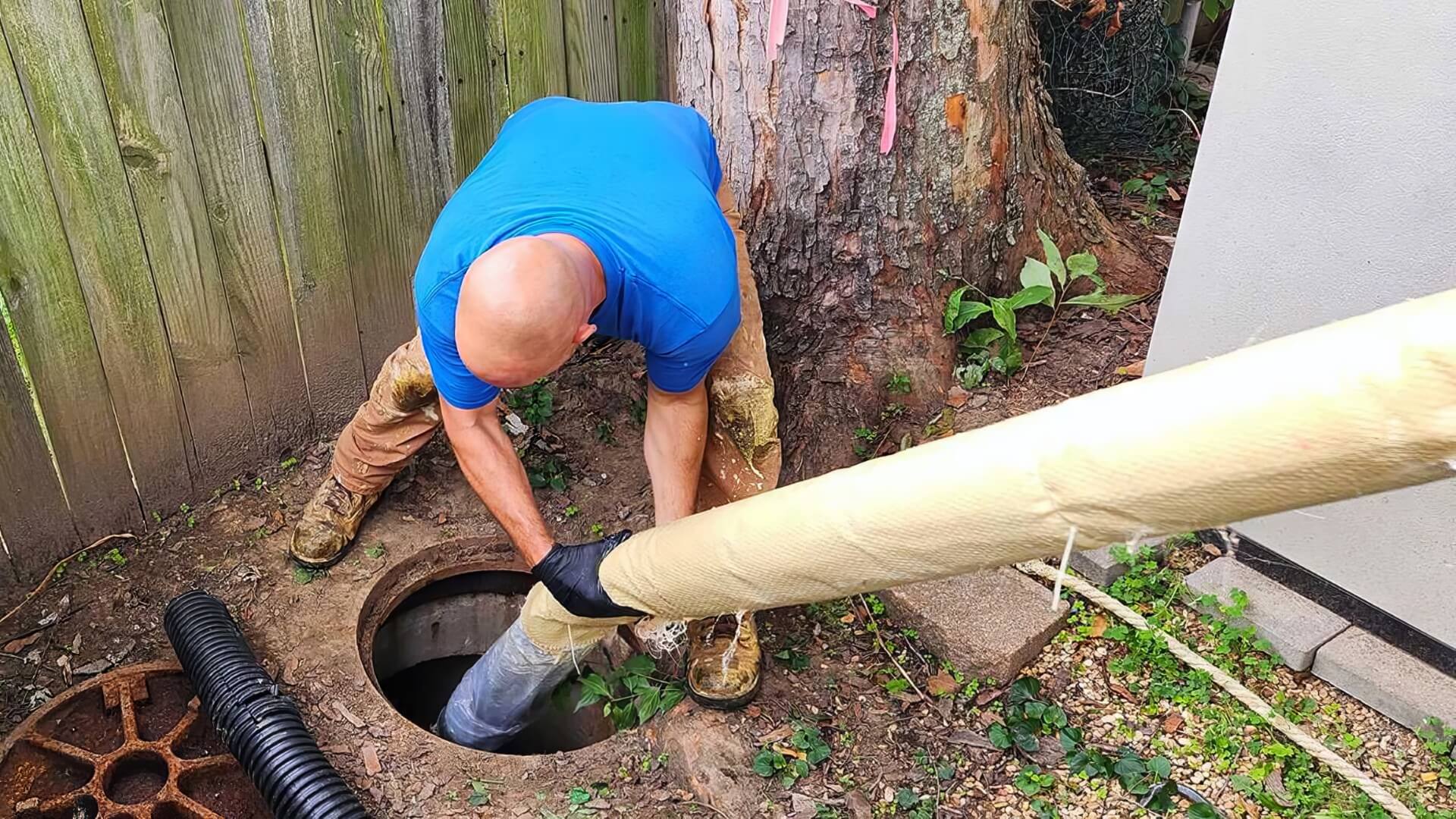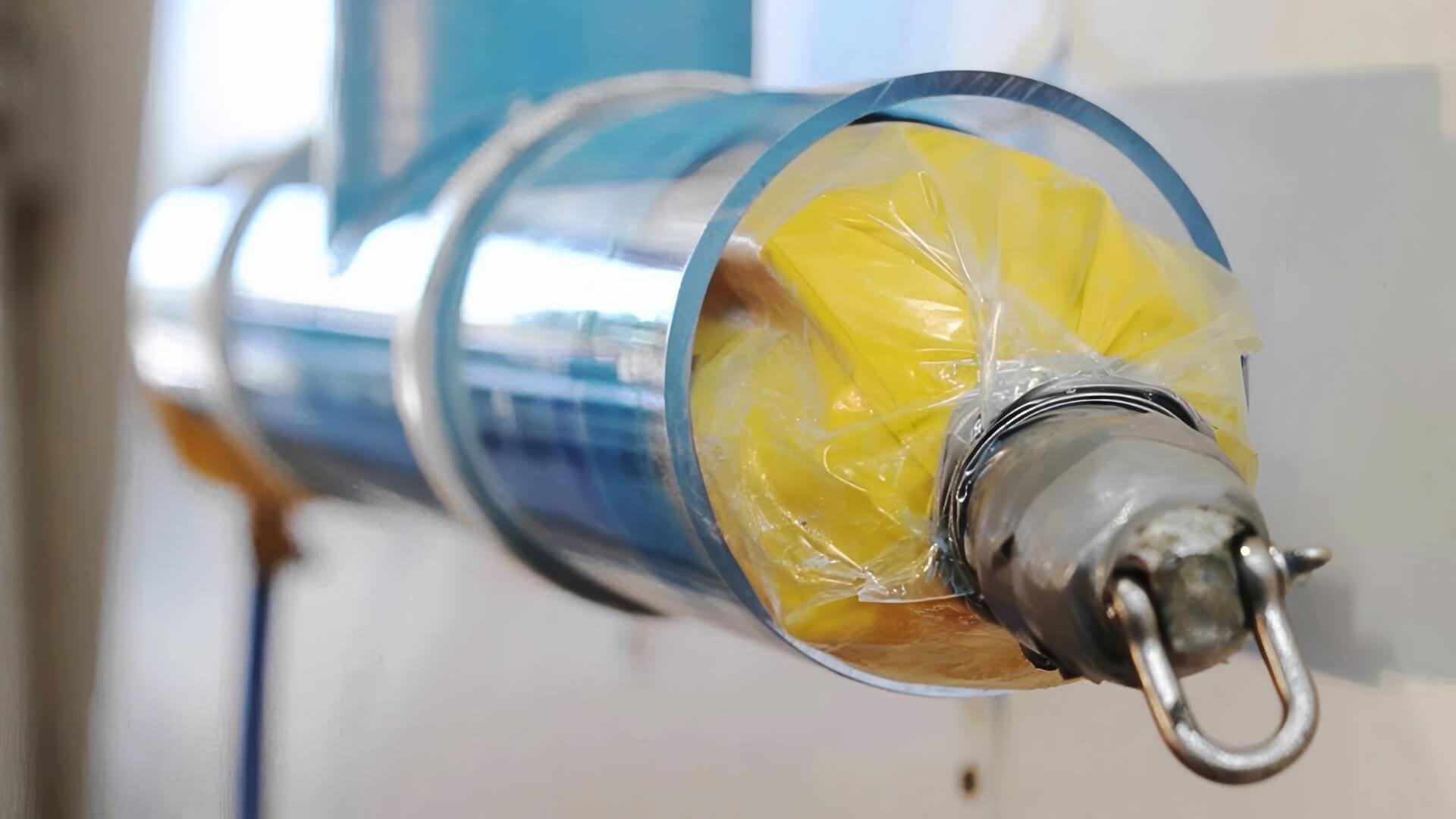Introduction to Hot Water System Inspections
It’s essential to routinely inspect your hot water system for optimal efficiency and safety. Cherrybrook, Sydney, sees a mix of hot water system types, including gas, electric, solar, and tankless units.
Regular maintenance can help avert sudden malfunctions and prolong the lifespan of your hot water system.
In this article, we will cover recommendations for hot water system inspection intervals, maintenance tips you can follow yourself, and signs that indicate when professional assistance is required. We’ll also provide an overview of caring for different hot water system types to keep them functioning smoothly.
How Often to Inspect Your System
An annual inspection of your water heater is critical to your maintenance routine. Identifying and addressing potential issues early on is crucial to preventing them from escalating into major problems.
In areas with hard water, it’s prudent to inspect your water system every six months to monitor sediment buildup and wear and tear. Well-maintained solar hot water systems can have a lifespan exceeding 15 years, thus annual servicing is recommended.
Hot water heaters in high-demand situations, like larger households, should be inspected every 4 to 6 months. This practice enables close monitoring of components prone to leaks or damage. Increased servicing effort pays off by improving performance and preventing breakdowns, thus reducing any future water heater issues.
Key components such as the water unit, thermostats, valves, and insulation should be examined during scheduled maintenance checks. Maintenance can extend your hot water system’s efficiency and longevity. Seek advice from a plumber to determine the best inspection schedule to enhance your water system’s longevity.
DIY Inspection Tips
Here are signs your hot water system might be exhibiting that warrant a closer self-inspection:
- Check your water heater pipes and connections visually for any signs of water leaks, rust or damage
- Check your temperature relief valve to ensure it’s working properly. Water dripping from the valve may indicate that your system is overpressurised.
- Open a hot tap to check for clear water, and a cold one to evaluate if the system suits cold water needs. Murky or sediment-laden water may suggest a need to flush the tank.
- Check your thermostat to ensure your desired temperature setting (e.g. 50 - 60°C) is maintained
- Monitor the time taken for water in the tank to re-heat after use to assess heating efficiency
In addition, it’s advisable to flush water heater tank yearly to help manage sediment buildup and optimise efficiency.
When to Call a Professional
It’s advisable to contact a licenced plumber for your hot water heater system inspections and maintenance when:
- You lack the technical expertise to assess key components like electrical wiring, gas lines, solar panels, etc.
- You notice leaks, abnormal noises or other troubling signs indicating an issue
- Sediment buildup, strange smells or discoloured water persist after tank flushing
- Water pressure or temperature regulation problems can’t be resolved
- Who can address your system needs if they have not been serviced in over 3 years
- You need to replace or upgrade your existing system
Local Cherrybrook plumbers, with their technical expertise, can conduct comprehensive inspections during routine maintenance. We recommend checking the functionality of elements like thermostats, valves and insulation.
By spotting minor problems early and with careful maintenance, we can take care avoid any unnecessary breakdowns, offering you peace of mind.
What to Look for During Inspection
There are several key signs to watch out for when inspecting your hot water system that may indicate a problem:
- No hot water - If you’re not getting any hot water from your taps, This may point to faults like defective heating elements or thermostats, thereby requiring system checks to confirm good working condition.
- Strange noises - Abnormal rumbling, banging or hissing sounds can be a red flag for problems like failing components or sediment building up in your water heater.
- Leaks - Check out your tank, pipes and connections for any drips or moisture.
- Poor temperature regulation - If the water temperature fluctuates wildly or never reaches your desired setting, your thermostat or heating elements may need service.
- Decreased efficiency - Monitor the recovery time after hot water use. If it takes much longer to reheat, your water heater needs inspection for potential underperformance.
- Discoloured water - Rusty, cloudy or smelly water indicates corrosion, sediment buildup or bacterial growth needing attention.
Catching problems during inspection allows for prompt maintenance, which helps avoid costly repairs. Left unchecked, even minor issues can evolve into tank failures or cracks. Have a qualified professional like a licenced plumber thoroughly examine your system if you notice any of these trouble signs.
Checking Critical Components
There are several critical components in a hot water system that require routine inspection and potential replacement to optimise safety, efficiency and longevity.
Anode Rod
Checking and changing your anode rod every three to five years helps prevent corrosion inside the tank. The rod attracts damaging elements to itself instead of allowing them to corrode your heater.
Pressure Relief Valve
Check the temperature pressure relief valves to make sure they’re relieving excess tank pressure as needed. A faulty relief valve can lead to dangerous scenarios where pressure can dangerously build up.
Thermostats
Make sure thermostats are correctly regulating water temperature. Faulty thermostats can reduce efficiency, lead to overheating risks, or supply potentially scalding hot water.
Insulation
Inspect tank and pipe insulation, replacing any missing or degraded sections. Properly insulating your hot water system can provide efficiency gains which can save money by reducing operating costs significantly.
Enlist a licensed professional to regularly assess critical components, ensuring optimal water heating, safety, and efficiency.
Identifying Problems and Failures
There are several common issues that can arise as hot water systems age and components begin to wear out.
No Hot Water
A sudden loss of hot water could indicate a heating element failure or thermostat issues, signifying the need for a water heater inspection. Have a professional inspect and test the components.
Strange Noises
Abnormal rumbling, banging or hissing emanating from your hot water system can indicate serious issues like failing valves, problematic sediment buildup or tank corrosion. Schedule an immediate assessment and repair with a certified service agent.
Discoloured Water
If you experience rusty, cloudy, or foul-smelling outputs, your system may need water treatment to address corrosion and sediment accumulation internally. Self-flushing the tank may cause damage; instead, hire a licensed plumber for professional descaling.
Leaks
Any external water leaks around fittings or the tank might seem minor at first but can quickly escalate over time. Accumulated moisture beneath the tank often points to plumbing problems, requiring urgent attention. Have a technician identify and rectify all leaks to avoid costly water damage.
When your hot water system requires experienced assistance for inspection or efficiency maintenance, contact the licenced professionals at Cherrybrook Plumbing today.
Maintaining Efficiency and Safety
To keep your hot water system operating efficiently and safely, turn off and follow these maintenance tips:
- Flush your water tank annually to prevent sediment buildup that reduces heating efficiency
- Set your thermostat between 50-60°C to effectively kill bacteria while avoiding excessively high temperatures that strain components
- Check your pressure valve to ensure proper temperature pressure regulation below safe limits like 500 kPa
- Insulate exposed hot water pipes to minimise heat loss
- Replace the anode rod every 3-5 years to protect the tank from corrosion
- Actuate the easing lever mechanism regularly to maintain full range of motion and prevent valve seizing
Following the manufacturer’s maintenance guidelines can optimise efficiency. If problems arise, contact licenced professionals like Cherrybrook Plumbing to promptly rectify issues, preventing costlier repairs long-term.
Caring for Different System Types
The maintenance requirements vary across hot water system types based on their unique mechanisms for heating water.
Solar Hot Water
Solar hot water systems require yearly inspections to ensure panels are free from shade and positioned correctly. The glycol heating fluid levels should be topped up if required. Solar hot water systems can operate efficiently for over 20 years with proper preventative maintenance.
Gas Storage Systems
It’s critical to inspect your solar hot water heaters’ storage tanks every 2 years and replace the anode rod every 3-5 years. This protects against internal corrosion. Also check that your gas supply lines, water supply lines, valves, the pilot light and burner are all functioning properly with no leaks or blockages present.
Electric Storage Systems
For heat pump and electric water heaters, inspect the heating elements and thermostats for wear and ensure they’re accurately calibrated. Check insulation condition and ensure electrical wiring connections are tight and corrosion-free. Utilise the drain valve to flush your tank if water pressure or recovery time declines.
Tankless Systems
Continuous flow water heaters, often referred to as tankless water heaters, need an annual scale removal and flush to maintain heating efficiency and longevity, with inspection of key components like burner assemblies, gas valves and temperature sensors. Keep the system free of leaks, obstructions and ventilation blockages.
Understanding your hot water unit’s specific maintenance needs allows for early issue detection through routine inspection. This prevents breakdowns and optimises efficiency and safe operation over an extended lifespan.






